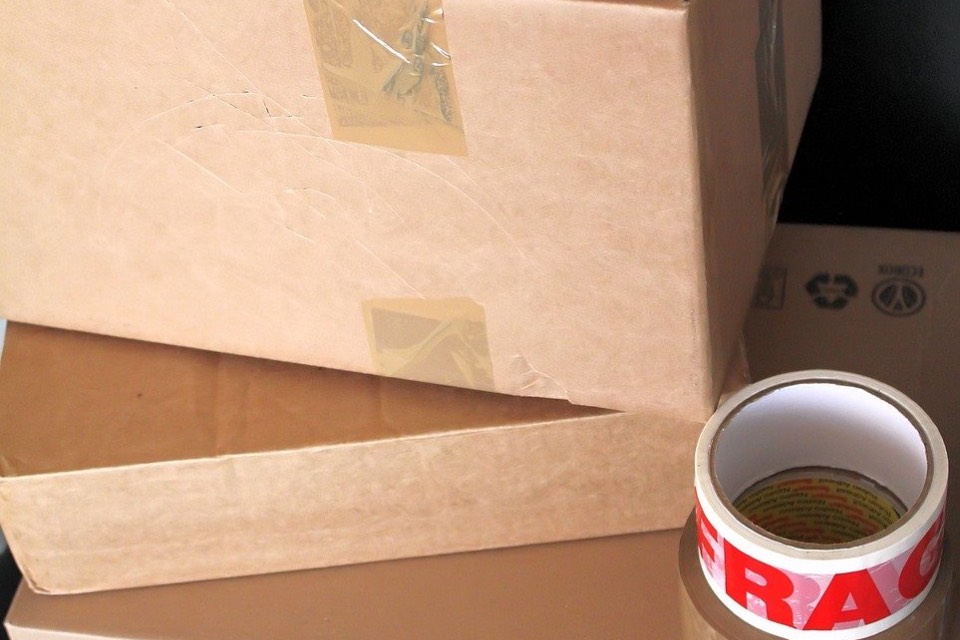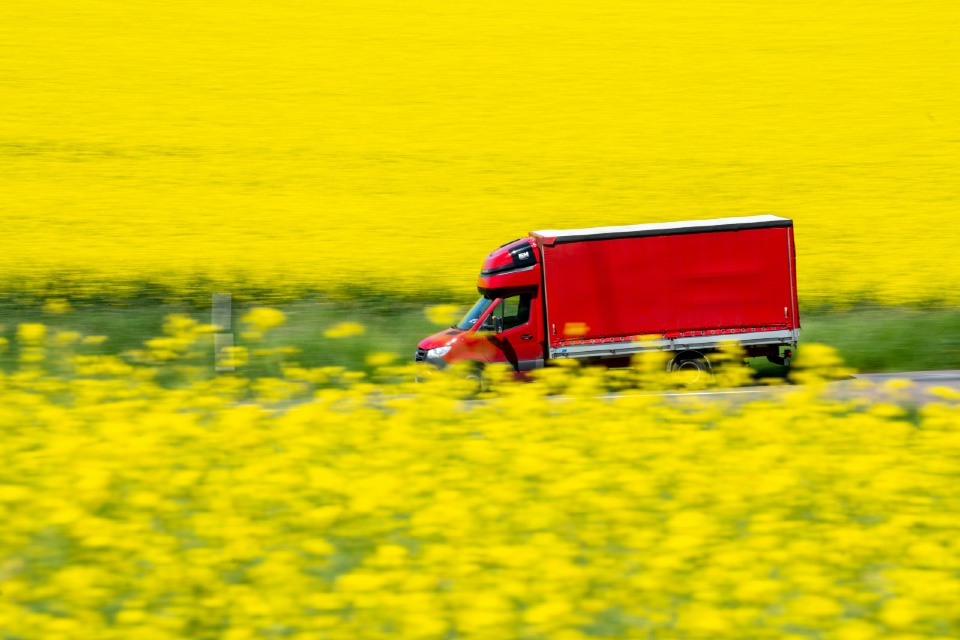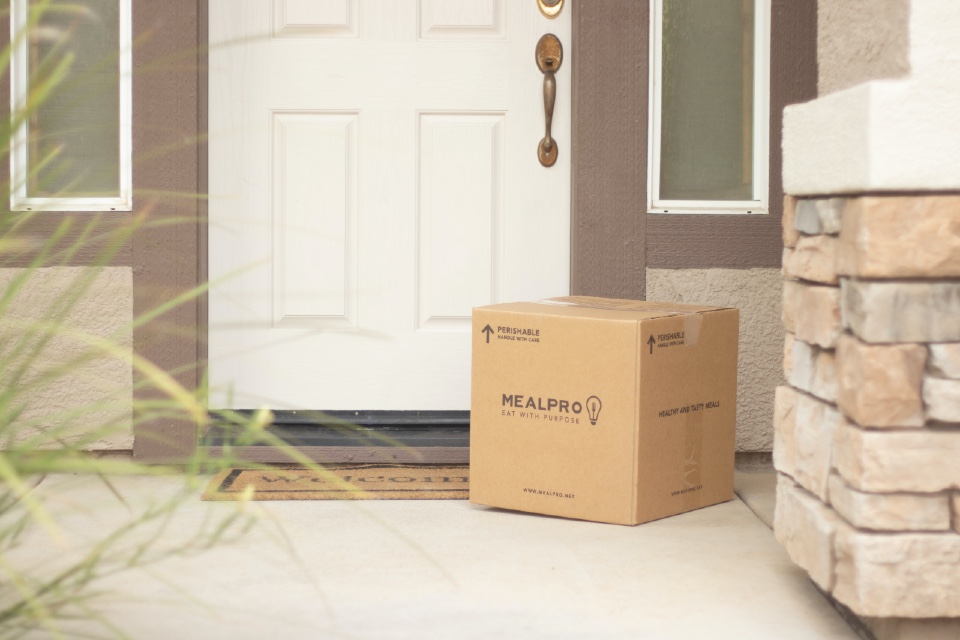By Simon Mardle, Principal at Capgemini Invent
Innovation is regarded as a necessity for businesses to function in unprecedented times, and COVID-19 has presented one such situation. The changing role of technology in our society is a window into the innovation catalysed by pandemic. From enabling remote working to allowing global audiences to attend virtual fundraising concerts from home, examples of innovative technology can be seen across the board.
As many of us are now restricted to our homes, online shopping and delivery has been the lifeline for many. Innovation is needed to keep up with, and adapt to, the soaring demand for deliveries that the current situation brings, where technology is critical in addressing the last mile delivery challenge. The increased reliance on online shopping has led to supply chains and deliveries, even for retailers with well-established systems, to be tested to the maximum. The fragility of weak links in supply chains are being exposed, while safety and efficiencies are being held more accountable.
With 97% of retailers feeling that their delivery model is not sustainable, organisations need to re-examine the most expensive part of the supply chain. Last-mile delivery can benefit by relying more on technology to reduce errors and cost as well as being safer due to less human contact.
Looking ahead to the coming months, retailers must re-think or adapt their approach to last mile delivery to ensure demand can be met. Traditional models can only take them so far; they must now become more reliant on digital technologies that reduce error, costs, and tasks that require repetitive human input – not allowing humans to value add.
Autonomous delivery becoming a reality
Reducing human-to-human contact has become paramount to our current lives, with autonomous delivery offering this opportunity – it is likely autonomous delivery solutions shall come back into the spotlight.
Unlike many advancements, COVID-19 was not the reason for halting the development of autonomous vehicles. With backlash over airspace restrictions and safety, autonomous vehicles as a last mile delivery solution has been more of a dream rather than a delivery reality.
That is, until now. COVID-19 has provided companies with the opportunity to demonstrate the benefits of autonomous delivery which far outstrips previous hurdles, such as costs and regulation. This includes the world’s first delivery service in Ireland, using drones to distribute medicine to vulnerable people under lockdown. The success of these drones will likely mean a larger roll out throughout Ireland and calls for a realisation that autonomous vehicle delivery is indeed a possibility.
Recent research from Capgemini indicated that 49% of people are comfortable with self-driving cars running an errand on their behalf. The increased importance of reducing human contact, including lowering the number of people needed to make essential deliveries, has accelerated the need for automated deliveries and beyond.
Behind the scenes – dark stores
An additional consideration for retailers to look at to improve their delivery capabilities is the introduction of more dark stores.
Dark stores are places where items are picked for delivery either using traditional labour based picking methods or through the use of automated storage and retrieval systems (such as micro-fulfilment) or through a mix of both, they are closed to the public and fulfil online orders only. Delivery time and the packaging process is optimised through purpose-built design, independent operations, and choice of location – usually within densely populated areas requiring shorter travelling distances to customers’ homes.
For same day delivery, the ‘last mile’ stage of the delivery process is one of the most expensive and tricky parts of the operation Dark stores offer retailers the opportunity to optimise the operation and also to team up with specialist delivery companies more simply and effectively. We have seen with Deliveroo’s partnerships with both M&S and Co-op, and Uber in France with Carrefour.
Pre-COVID 19, one in four retailers used dark stores, however as society looks to resume whilst managing public concerns it would make sense for shops to continue this trend. Sainsbury’s in Blackfriars is one example of a supermarket ‘going dark’, and with limited disruption and contact with in-store customers, dark stores offer a great way for retailers to get to grips with huge consumer demand.
Automation of supply chains
As we have seen with autonomous delivery solutions, autonomation of supply chains is an additional component available to retailers. With 77% of shoppers more cautious about cleanliness and health and safety in the post-pandemic era and 62% choosing to actively switch to brands which prioritisation of product safety, automation offers real benefits.
Automation additionally reduces fulfilment errors, such as mislabeling packaging and sending incorrect orders. As well as costing the supplier money – analysis has shown warehouse automation could increase profit margins by a huge 8%, these mistakes also take up time, an ever-precious resource when demand is high.
Any automated solution must consider how it will cope with demand peaks, either forseen or unforeseen. For example there may be capacity to set up a temporary manual solution that can be operated alongside the automation to cope with demand beyond it’s design capacity.
The sudden increase of consumer demand due to COVID-19 in the last few months has exposed vulnerabilities in supply chains. It has been a test like no other and businesses have had to adapt quicker than ever to maintain operational continuity and address unprecedented disruptions. For those organisations which have put money into automating and developing their supply chains, they will see these investments pay off to help meet the ebb and flow of demand with greater ease. With businesses due to reopen in the coming months the impacts of the ‘new normal’ will felt by delivery services across the board – ensuring the last mile is as efficient as possible is an investment worth making.







